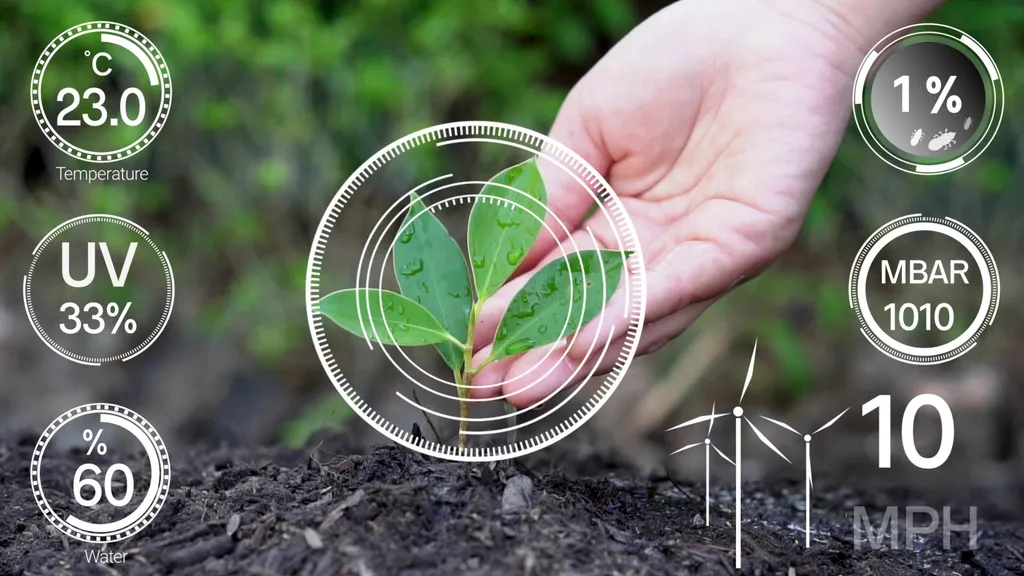In the quest for sustainable agriculture, farmers and policymakers are increasingly turning to data-driven decision-making, a practice known as “farming by metrics.” A recent study published in the journal *npj Sustainable Agriculture* (which translates to *Nature Partner Journal Sustainable Agriculture*) sheds light on how these metrics can transform food systems sustainably. The research, led by Evelien de Olde of the Animal Production Systems Group, critically examines the role of sustainability metrics in agriculture and identifies key areas for future research.
Sustainability metrics in agriculture are tools used to assess farm performance across various environmental, economic, and social indicators. These metrics can help farmers make informed decisions, optimize resource use, and reduce environmental impacts. However, the current use of these metrics is not without challenges. “While metrics can provide valuable insights, their effectiveness depends on how they are designed, implemented, and governed,” de Olde explains. “There is a need for a more systematic approach to ensure that metrics drive meaningful and sustainable change.”
The study highlights three priority areas for future research. First, it emphasizes the need for a better understanding of how metrics can be used to govern agricultural systems effectively. This includes exploring the role of metrics in policy-making and their potential to influence farmer behavior. Second, the research calls for more studies on the social and economic impacts of metrics, particularly on small-scale farmers and rural communities. Lastly, the study underscores the importance of integrating metrics into broader sustainability frameworks to drive systemic change.
The implications of this research extend beyond the agricultural sector. As the world grapples with climate change and resource depletion, the energy sector is also looking for sustainable solutions. Farming by metrics can provide valuable data on energy use in agriculture, helping to identify opportunities for efficiency improvements and renewable energy integration. For instance, metrics can track energy consumption in farming operations, enabling farmers to adopt more energy-efficient practices and reduce their carbon footprint.
Moreover, the study’s findings can inform policy decisions that promote sustainable agriculture and energy use. By understanding the role of metrics in governance, policymakers can design incentives that encourage farmers to adopt sustainable practices. This can lead to a more resilient food system that is less dependent on fossil fuels and more adaptive to climate change.
As Evelien de Olde puts it, “Metrics are not a silver bullet, but they are a powerful tool that can help us transition to more sustainable food systems.” By addressing the challenges and opportunities highlighted in this research, we can harness the power of metrics to drive systemic change and create a more sustainable future for agriculture and the energy sector.
The study, “The role of farming by metrics in transforming food systems sustainably,” was published in *npj Sustainable Agriculture* and offers a compelling roadmap for future research and policy action. As we navigate the complexities of sustainable agriculture, this research provides valuable insights that can guide us towards a more resilient and sustainable future.

